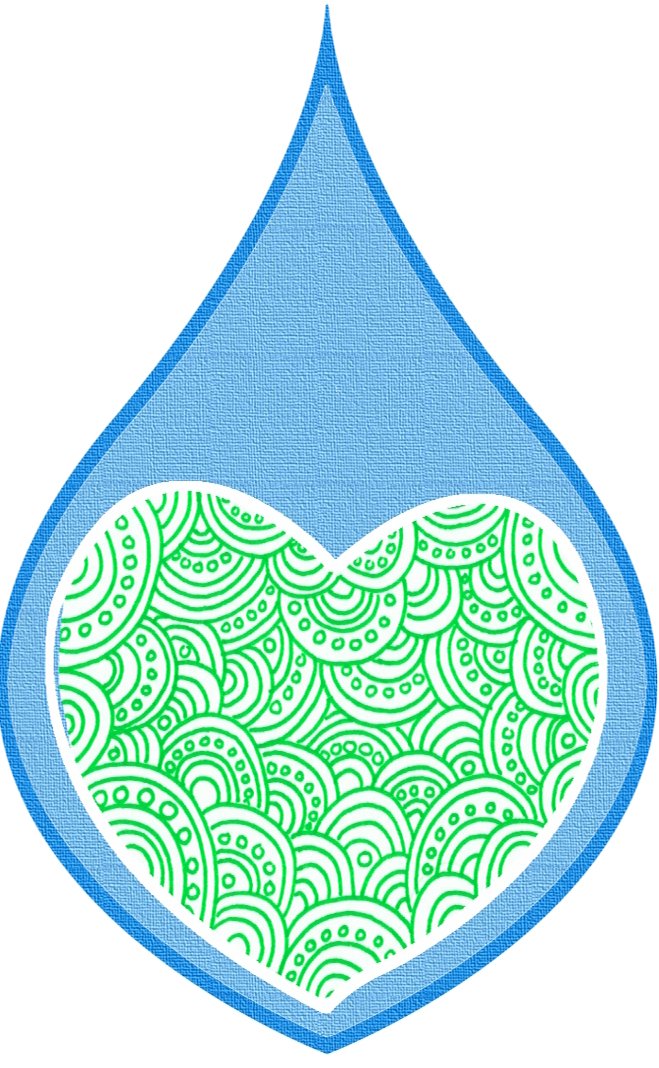The Plight of the Gulf of California
Let’s talk about the beautiful Gulf of California, which exists in all of its beauty because of the flow of freshwater from the Colorado River. A flow that is reaching the Gulf less and less nowadays. You see, since the damming of the Colorado River the amount of water that reaches the mouth of the river in Mexico has dropped, and in certain years no water reaches the mouth. That’s a problem. The Gulf of California is important forcontinue reading
